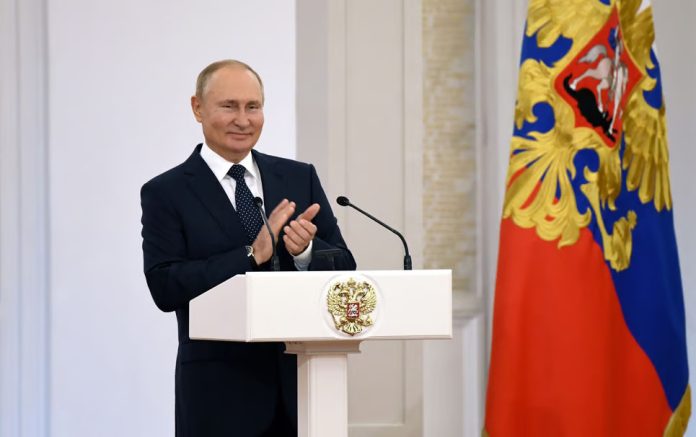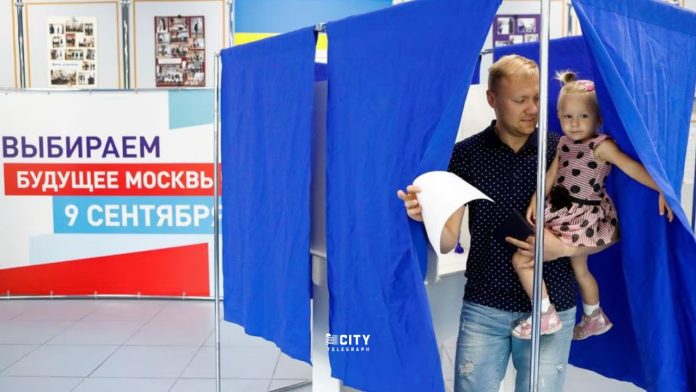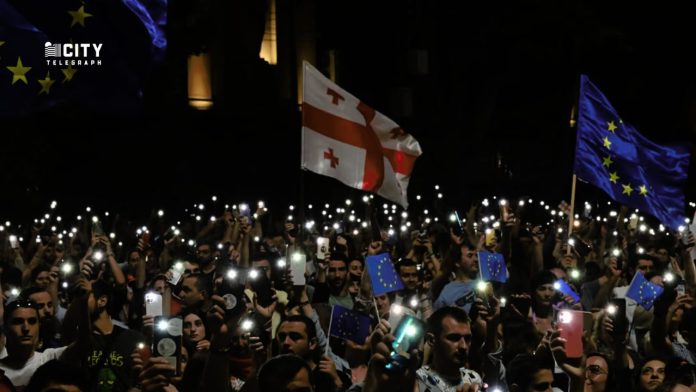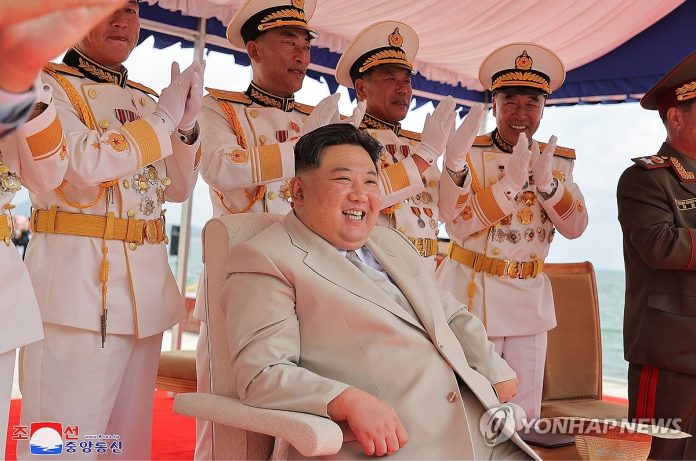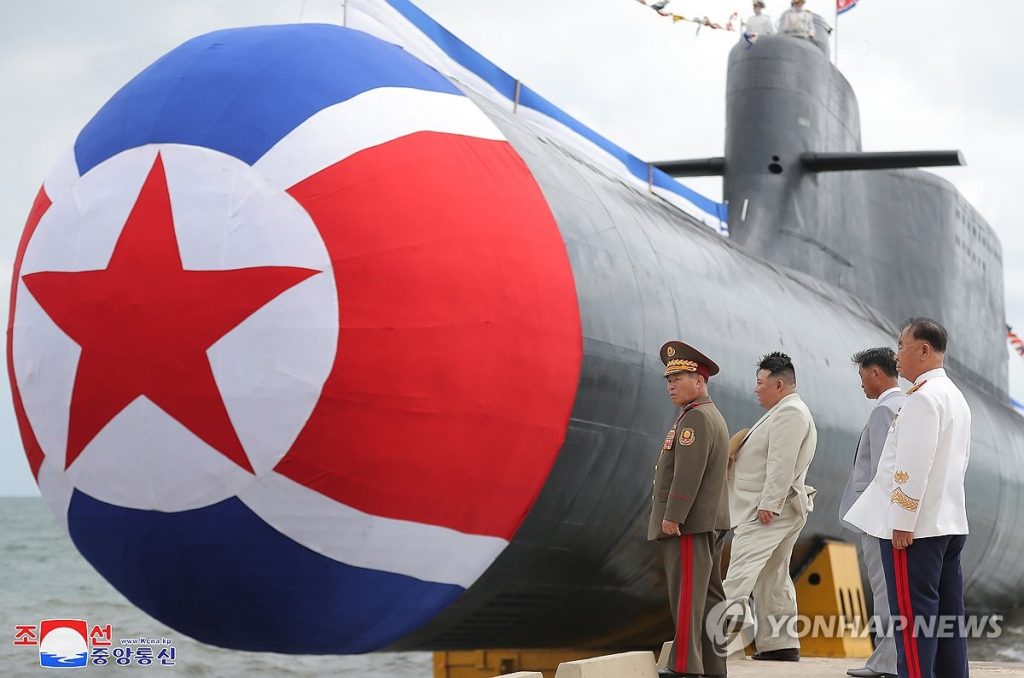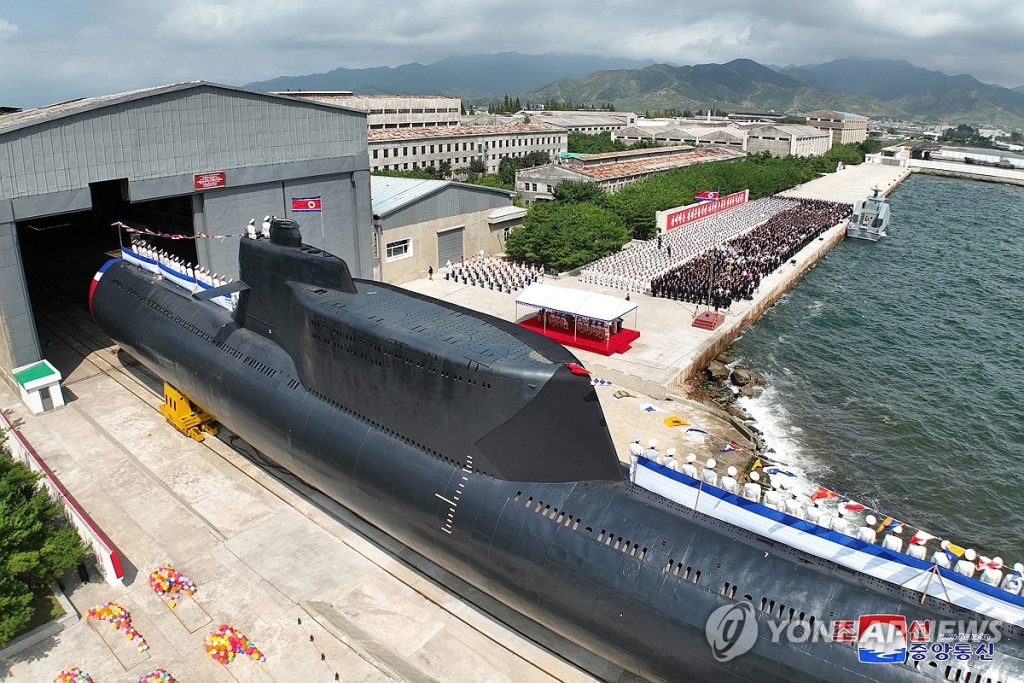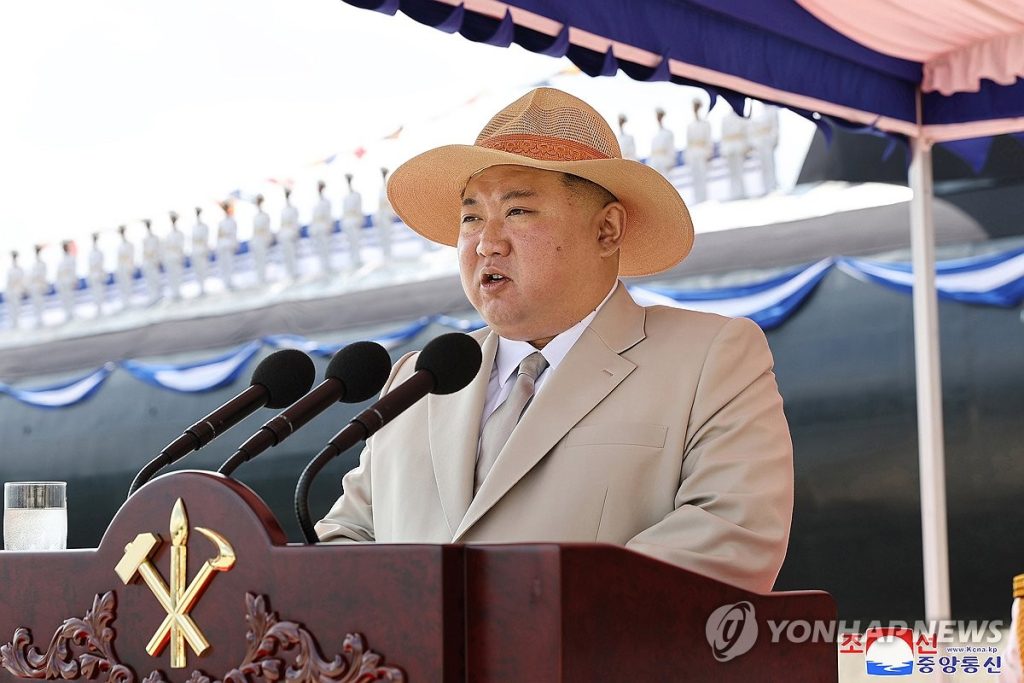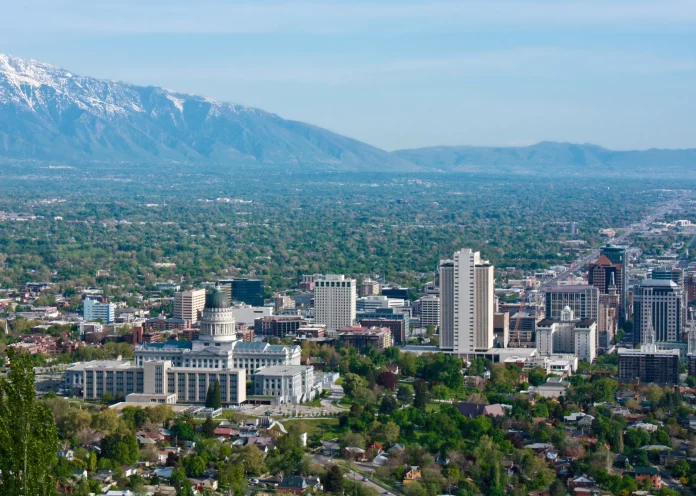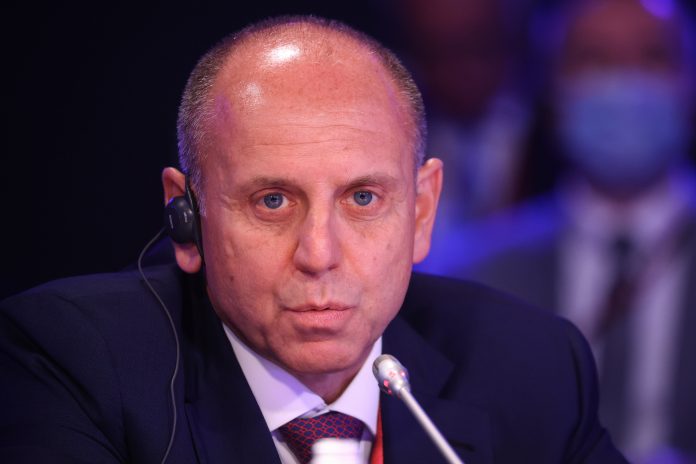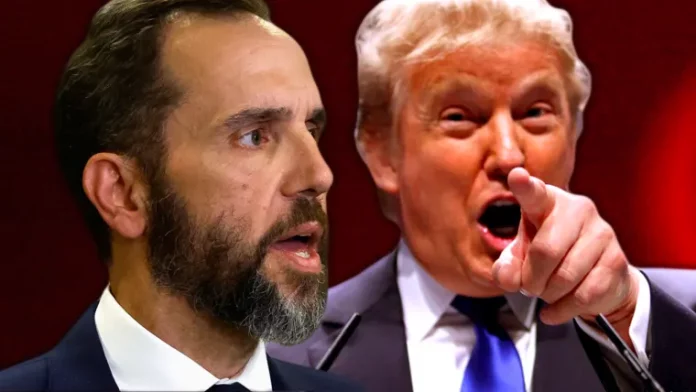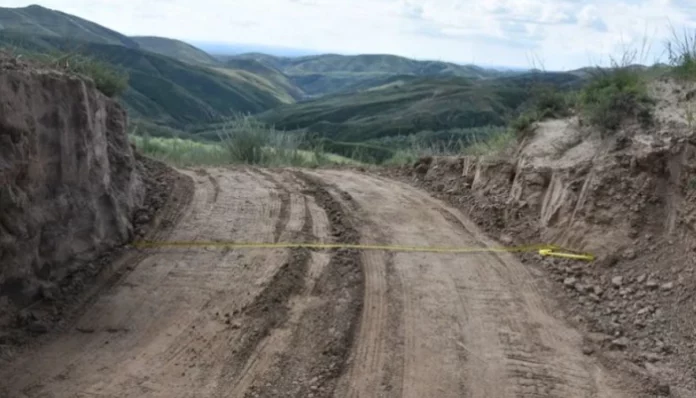In recent days, Russia has concluded its highly contentious regional and municipal elections, which included territories annexed from Ukraine. These elections have elicited widespread condemnation due to allegations of vote rigging and Ukraine’s ongoing efforts to reclaim its lost lands. This article delves into the aftermath of these elections, shedding light on the international response, electoral irregularities, and their implications for President Vladimir Putin’s grip on power.
The International Outcry
The Council of Europe, Europe’s foremost rights organization, wasted no time in denouncing these week-long elections as a blatant violation of international law. Kyiv and its allies went even further, branding the elections as an illegal maneuver aimed at strengthening Moscow’s hold over the southern and eastern regions of Ukraine. Such criticism has cast a shadow over the legitimacy of the electoral process.
Putin’s Dominance Reaffirmed
Despite the international uproar, the elections delivered a resounding victory for President Putin’s United Russia party. This outcome underscores the Kremlin’s consistent message that Putin remains the most reliable guarantor of stability in the nation. However, a closer look reveals some troubling aspects of these elections.
Limited Electoral Competition
In the regions where the elections took place, electoral competition was severely limited. Strong candidates, including some from Russia’s primary opposition, the Communist Party, were blocked from running by the authorities. This lack of competition has raised serious questions about the fairness of the electoral process.
Stanislav Andreychuk, co-chair of Golos, a voter rights group labeled a “foreign agent” by the Russian government, decried instances of vote rigging across the country. He emphasized that these elections fell far short of meeting the criteria for genuine democratic processes. Reports of opposition candidates being detained, vandalized cars, and even military draft papers served to election observers further undermine the credibility of these elections.
The Kremlin’s Defense
In the face of mounting criticism, the Kremlin remains steadfast in its position. They cite opinion polls and numerous past election victories to assert that Putin enjoys unmatched popularity within Russia. According to Moscow, these elections are free and fair, aligning with the will of the people.
Loyalty to Putin
All significant legal political forces in Russia, including the various opposition parties, ultimately express loyalty to President Putin and his policies, including the 18-month-old conflict in Ukraine. This loyalty extends across the nation, with United Russia emerging victorious in every provincial governor’s race contested.
Moscow’s Dominance
In a remarkable display of power, Moscow Mayor Sergei Sobyanin, a close Putin ally, secured over 75% of the vote in the Russian capital, despite minimal opposition. Critics argue that Moscow’s system of electronic voting, which is difficult to audit, may enable election manipulation. Similar electronic voting systems have been introduced in various other Russian regions.
Annexation of Ukrainian Regions
These controversial elections also saw Kremlin-backed candidates winning in four war-ravaged Ukrainian regions: Donetsk, Luhansk, Zaporizhzhia, and Kherson. Moscow had declared these regions as its territory in an annexation move denounced as illegal by Kyiv and its allies. This development has ignited further international condemnation, with Japan’s foreign minister, Yoshimasa Hayashi, describing it as “totally unacceptable.”
A Disputed Territory
While Russia claims these regions as its own, the majority of the world’s nations continue to recognize them as part of Ukraine. Russian officials maintain that United Russia received substantial majorities in these regions, garnering at least 70% of the vote in each area. Detailed voting figures, however, remain undisclosed.
Implications for the Future
The election results solidify Moscow’s handpicked governors in the annexed territories, comprising a mix of veteran separatist leaders and local pro-Russian politicians. Notably, none of these regions are under the full control of the Russian army. Meanwhile, Ukraine’s ongoing efforts to regain control of these lands continue, albeit at a slow and challenging pace.
Conclusion
Russia’s recent regional and municipal elections, marred by allegations of irregularities and international criticism, have reaffirmed President Putin’s dominance. However, questions about the fairness of these elections persist. The annexation of Ukrainian regions remains a contentious issue on the global stage, with no easy resolution in sight.


